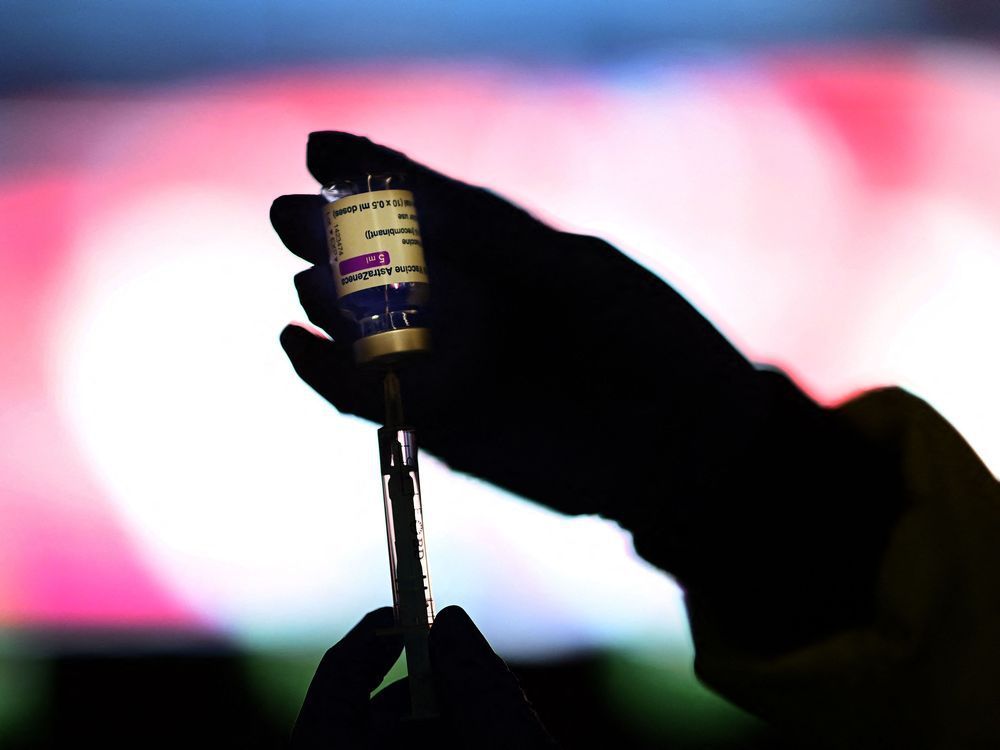a series of long-awaited studies has found concrete evidence that the covid vaccines produce an appropriate, protective immune response in cancer patients, eliciting side effects no worse than those experienced by the general population.the studies, to be presented this week at the annual congress of the
european society for medical oncology, offer vital data on a vulnerable group that was excluded from vaccine trials and suggests a third “booster” shot may be necessary to enhance the level of protection of people currently fighting cancer.“the esmo annual congress, held for the second time in a virtual format this year in an extra effort to protect our colleagues, has devoted significant efforts to making covid-19 a priority,”
said george pentheroudakis, the chief medical officer of esmo. “the fact that we have received more than 90 abstracts on the topic, with excellent data, is a clear demonstration that this was the right thing to do.”one of the key studies recruited 791 patients in the netherlands to determine the role, if any, cancer care plays in the efficacy of the moderna vaccine. patients were divided into four groups: those without cancer; those receiving immunotherapy for cancer; those receiving chemotherapy for cancer; and those receiving chemo-immunotherapy in combination for cancer. twenty-eight days after the second dose of the vaccine, researchers found adequate levels of antibodies in 84 per cent of patients receiving chemo, in 89 per cent of patients receiving chemo-immunotherapy and in 93 per cent receiving just immunotherapy.“the high rates of efficacy of the vaccine observed across the trial population, regardless of the type of anticancer treatment, constitute a strong and reassuring message for patients and their doctors,” said antonio passaro, a lung cancer expert and press officer for esmo.both doses of the vaccine are vital for these patients, passaro said, as only around one in three patients who received chemotherapy or a chemo-immunotherapy combination generated a sufficient response after the first shot — half the number seen in those without cancer. this finding was replicated in a separate study of 232 cancer patients in israel who received the pfizer vaccine. only 29 per cent of these patients developed antibodies after the first dose compared to 84 per cent in the control group. after the second dose, however, this number quickly rose to 86 per cent. the only two cases of covid encountered in the study were among patients who had not yet received a second dose, a finding that underlines the effectiveness of full vaccination.a third study found that cancer patients who had contracted and overcome covid-19 prior to receiving two doses of the pfizer or astrazeneca vaccines produced higher levels of antibodies to the virus — including against the more infectious delta variant. “these findings lend additional support to the principle of offering the complete cycle, possibly including a third booster dose, to patients with cancer to improve their protection, because it suggests their immune system will respond to the extra stimulation,” said luis castelo-branco, a medical oncologist in the esmo scientific and medical division who did not work on the study.special consideration will need to be made for certain cancer subgroups, particularly those with blood cancers after more than two-thirds (69 per cent) of patients in one study were found to have developed no neutralizing antibodies to the delta variant following vaccination. “more data is needed to better understand for whom and when these vaccination boosts should be considered but in general it would make sense to prioritize all patients with compromised immune function, including patients with cancer,” castelo-branco said.“going forward, it will be important to continually reassess the vaccines’ effectiveness against new variants of sars-cov-2 as they emerge.”
dave yasvinski is a writer with healthing.ca
 3 minute read
3 minute read









